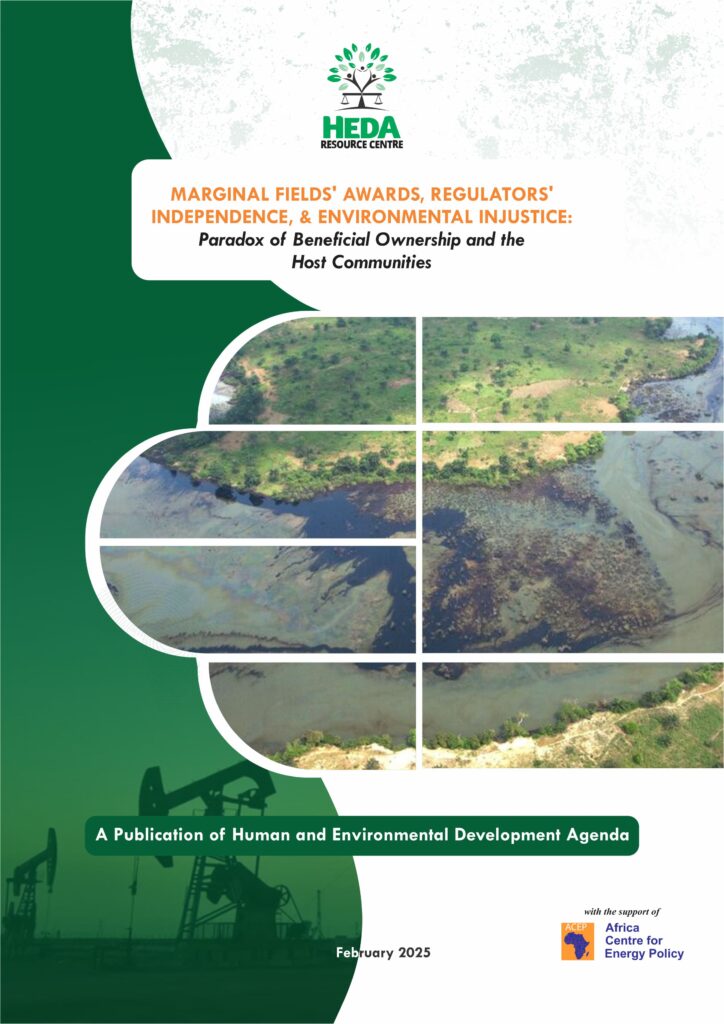Mr. President, distinguished delegates,
I am here today to discuss a prevalent issue that afflicts societies worldwide – corruption. Corruption doesn’t merely blemish the fabric of our communities; it stands as a formidable obstacle to progress, justice, and equality. It corrodes the very pillars of trust upon which our institutions rest and subverts the principles of fairness and integrity.
Corruption, in its various guises, emerges in every nook of our world, impacting global north and south nations alike. It knows no boundaries of industry, sector, or profession. Expanding in the shadows drains the life force from our shared aspirations for a fair and just society.
One of the most pernicious facets of corruption is its capacity to perpetuate a cycle of poverty and inequality. As resources are diverted from essential public services, the most vulnerable members of society bear the brunt. However, let us not surrender to a sense of despair. The fight against corruption is a crusade for justice, transparency, and the greater good. It necessitates a collective endeavor, with each of us contributing to the cultivation of a culture of accountability.
Above all, we must insist on accountability from governments. Essential to this cause are transparency in governance, open access to information, and stringent anti-corruption measures. Civil society plays a vital and indispensable role in the sustenance and enhancement of democracy. At its core, civil society encompasses a diverse array of non-governmental organizations, advocacy groups, community-based organizations, and engaged citizens who collectively contribute to shaping the democratic landscape
Coming from the unpalatable personal experience of persecution in a case of corruption fighting back myself, I would like to draw attention to the plight of Dr. Gubad Ibadoghlu, a renowned academic whose extensive research has always aimed at contributing to socioeconomic progress. He has also long advocated against corruption and is esteemed for his positive demeanor. His contributions to the UNCAC Coalition on issues such as asset recovery are noteworthy. He was expected to attend this Conference.
Dr. Gubad Ibadoghlu has been incarcerated for the past 142 days, facing health challenges and being denied essential medications. ICRC repeatedly has been denied from seeing him including international doctors. It is disheartening to convene this Conference without his presence. His wife has also endured brutality at the hands of authorities, with eight police officers attacking her, leaving her with injuries and suffering from PTSD. Being subject to massive human rights abuses, we should point out the fake investigation on him. The investigation which carries no basis and only started because of Gubad Ibadoghlu’s life work on covering anti-corruption.
Dr. Ibadoghlu has committed his life to education and is beloved by his students. He has established a scholarship fund to educate youth. His place is at University, in the classroom, carrying out research, exchanging with fellow academics.
Mr. President, we note and commend the progressive achievement of the Conference of State Parties in the experience graduation of its decision-making process from consensus to voting. This must be sustained going forward. Kleptocrats, corrupts and despots must have sleepless nights with every conference of the UNCAC and this should be the foundation for such repositioning



